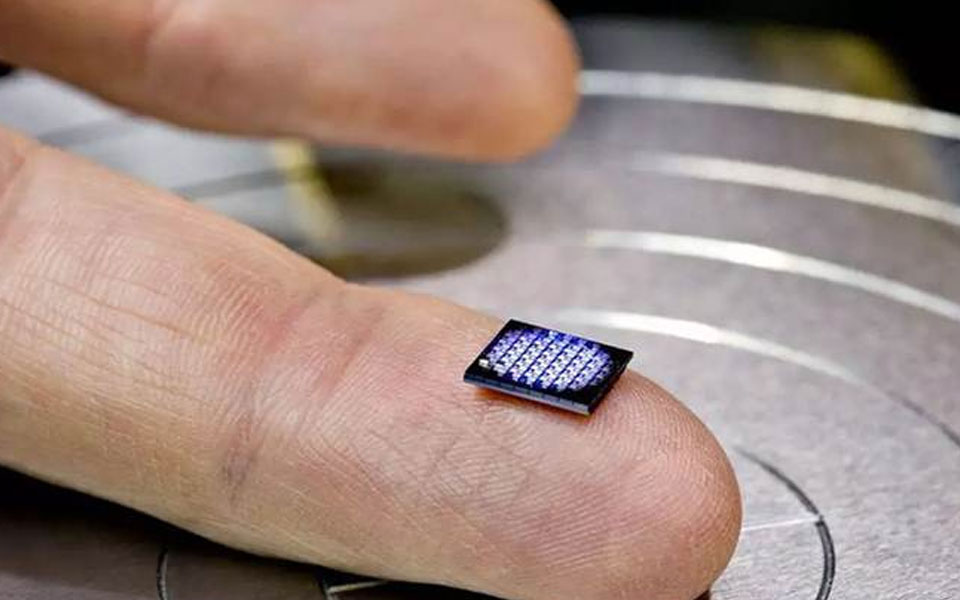Chicago, June 23 : Researchers at the University of Michigan (UM) in the US have come out with the world's smallest "computer" -- a device measuring just 0.3 mm to a side, completely dwarfed by a grain of rice.
Unlike traditional desktops that retain their program and data with or without a power back-up, these new microdevices lose all prior programming and data as soon as they are switched off, Xinhua news agency reported.
"We are not sure if they should be called computers or not. It's more of a matter of opinion whether they have the minimum functionality required," said David Blaauw, a professor of electrical and computer engineering, who led the development of the new system.
In addition to the RAM and photovoltaics, the new micro-computing device -- Michigan Micro Mote -- has processors and wireless transmitters and receivers.
As the Motes are too small to have conventional radio antennae, they receive and transmit data with visible light. A base station provides light for power and programming, and it receives the data.
Designed as a precision temperature sensor, the new device converts temperatures into time intervals, defined with electronic pulses. The intervals are measured on-chip against a steady time interval sent by the base station and then converted into a temperature.
As a result, the computer can report temperatures in minuscule regions, such as a cluster of cells, with an error of about 0.1 degree Celsius.
The system is very flexible and could be reimagined for a variety of purposes.
The device can help in oncology research. "Since the temperature sensor is small and biocompatible, we can implant it into a mouse where cancer cells are growing," said Gary Luker, a UM professor of radiology and biomedical engineering.
"We are using this temperature sensor to investigate variations in temperature within a tumour versus normal tissue and if we can use changes in temperature to determine success or failure of therapy."
The study was presented on Thursday at the 2018 Symposia on VLSI Technology and Circuits.
Let the Truth be known. If you read VB and like VB, please be a VB Supporter and Help us deliver the Truth to one and all.
Kalaburagi: Four men have been arrested in Kalaburagi on charge of hacking a man with lethal weapons and pelting stones at him under the limits of Station Bazaar Police Station recently.
According to police sources, Anand Jalak Shinde (34), Ashitosh Jalak Shinde (30), Imran Mehboob Sheikh (28) and Sohaib Anwar Qureshi have been arrested. The men are accused of the brutal murder of Syed Mehboob, a resident of Station Bazaar Upper Line Hamalawadi in the city.
An FIR was filed by the Station Bazaar Police Station based on a complaint given by Syed Ismail, father of the deceased Syed Mehboob.
Following quick probe, the police team successfully arrested the suspects within 24 hours. The arrested men were produced in court and have been sent to judicial custody.
The City Police Commissionerate has appreciated in an official release the police team’s quick solving of the murder case and arrest of the four men accused of murdering Syed Mehboob.





